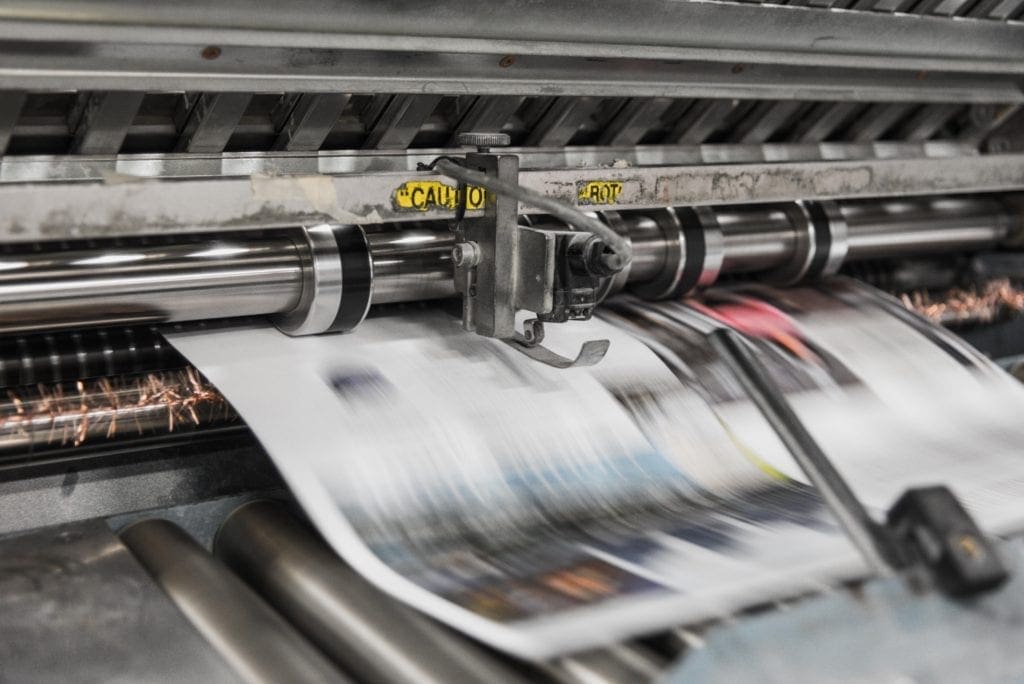Credibility amongst media according to most Americans polled is at an all-time low, and the epidemic of online “fake news” is made worse by the overwhelming amount of local “news deserts” throughout the country.
How do we fix this mess so we can bring real news of importance to the local and national discussion? If you’re Democratic presidential candidate Andrew Yang, you throw taxpayer money at the problem and let the rest sort itself out it seems.

In an official tweet by Yang and according to a public stance on his campaign website, he wants American taxpayers to subsidize journalists because journalism, “is fragmenting as ad revenue diminishes local press is particularly hard-hit. I’m for public subsidies and investment in journalism for the 21st century as a public good. Journalism and information is vital to democracy.”
This plan is not only undemocratic but is also unconstitutional as well as anti-free enterprise.
While this issue can be stretched out into a more eloquent explanation as to why people who do truly support a free and fair press should not support Yang’s position, the main principle is this: if you take the king’s coin you ultimately have to sign the king’s song.
By accepting taxpayer money, there are always strings attached, and it is antithetical to the premise of a government watchdog to take money from the people they are supposed to hold accountable. If you think the media is biased and corrupt now, just wait until they start lobbying politicians you don’t like for more taxpayer money.
Secondly, access to information is a public right as well as protected free speech and freedom of the press, but nowhere in the U.S. Constitution does it say people have a right to 24/7 breaking news. The truth is local media alone was dying way before Facebook and Twitter and had been going downhill since the dawn of the internet.
The media today is going through a natural purging period as outlets that can’t adapt to the times are bound to fail. It is the job of journalists and publishers to find new ways to profit and provide content consumers are willing to put money towards, not the government.
Lastly, ask yourself whether you feel comfortable with Barack Obama or Donald Trump writing the standards for which individuals and media outlets would have to be held accountable to if they wanted some taxpayer-backed funding.
Simply put, this doesn’t fix the issues that only market competition and consumer demand can, and it leads the door wide open for rampant corruption and abuse of the media consuming public seen only in banana republics.

























